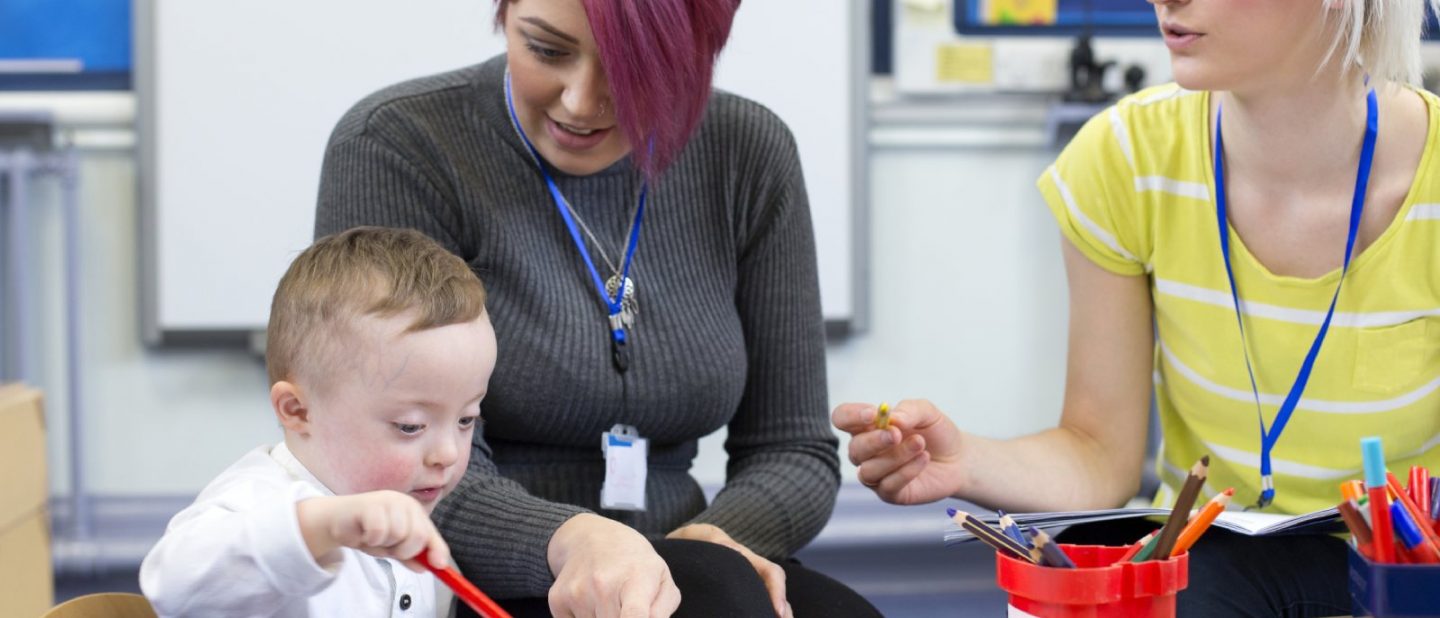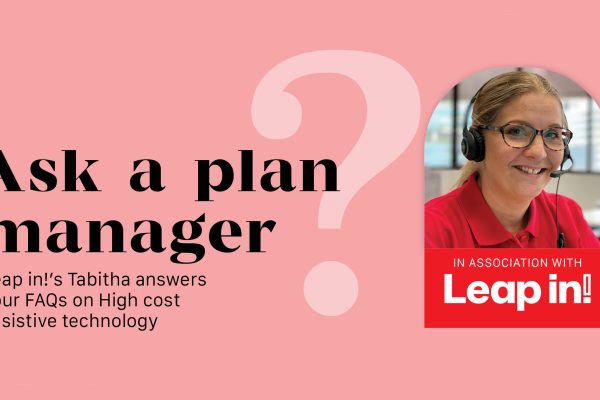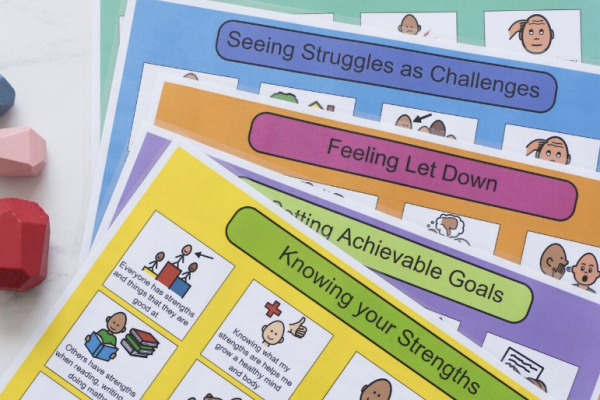
Every child, every possibility. A guide to Early Childhood Intervention
By Trish Hannah, Chair, Early Childhood Intervention Australia
How often are parents/carers told that they are the experts and know their children better than anyone else? This is a frequent comment made by well-meaning professionals in an attempt to build the confidence of parents/carers at a time when they may be feeling vulnerable and a little overwhelmed.
Of course they are right, parents/carers do know their children best, but when faced with the prospect of their child needing ongoing therapy, it’s the expert advice that is needed. Parents/carers will know what they want their child to be able to do, and it’s the therapist’s role to assist with the ‘how’ of achieving those goals.
It is a well-known fact that for all children, the supports received early in life can potentially reduce the amount of supports needed later in life. This is referred to as early childhood intervention. Early Childhood Intervention (ECI) provides specialised support and services for young children with developmental delay or disability and their families. The aim of ECI is to ensure that parents and other important adults in the child’s life can provide children with experiences and opportunities that help them gain and use the skills they need to participate meaningfully in their everyday lives.
Accessing therapy for children could be compared with learning a musical instrument – an hour lesson once a week might set the foundation for learning, but the practice in between lessons makes the biggest difference. A good therapist will encourage a parent/carer by saying that the more practice that can be embedded in the child’s daily routine – in the places where the child spends time – is the
best form of therapy. On average, for every hour of time spent weekly with a therapist, the child is with other significant people such as family and friends for approximately 80 waking hours plus 20 hours in child care with educators. Considering this, it’s easy to see who might have the most influence on a child’s development.
Parents/carers believing in their own ability to understand, tune into and respond to their child’s likes, dislikes, strengths and challenges is the key to great outcomes for young children with additional needs.
One of the challenges faced once a parent/carer has been advised to seek therapy for their child’s developmental delay or disability, is choosing the right therapy to meet their child’s needs. Parents/ carers rely on expert advice and place their trust in experienced professionals. How do they know which one is best for their child? Currently, there is no accreditation system to make the choice easier. This is a piece of policy work in progress but in the meantime, there are some simple best practice principles that can assist with selecting the best supports.
Early Childhood Intervention Australia, the peak body for ECI in Australia, has developed a set of guidelines for ECI practitioners on best practice – The National Guidelines for Best Practice in Early Childhood Intervention (2016).
When choosing a therapist or an organisation who is offering therapy, parents/carers should consider the eight best practices to assist their decision making.
1. FAMILY – THE CENTRE OF ALL SERVICES AND SUPPORTS
Your family works together with ECI practitioners as active and equal partners where planning and interventions for your child are based on your family life and your priorities and choices.
2. ALL FAMILIES ARE DIFFERENT AND UNIQUE
ECI practitioners provide services and supports in a ways that are sensitive and respectful of your family’s cultural, language and social backgrounds and your family’s values and beliefs.
3. YOUR CHILD AT HOME AND IN THE COMMUNITY
Your child is fully included and participates meaningfully in home and community life, with additional supports as needed, creating a real sense of belonging.
4. YOUR CHILD PRACTISES AND LEARNS NEW SKILLS EVERYDAY
Your child engages, learns and practises skills through participation in the activities and daily routines of their everyday life.
5. TEAM AROUND YOUR CHILD
Your family works together with practitioners as a team around your child communicating and sharing information, knowledge and skills, with one main person, called a key worker, working with your family.
6. BUILDING EVERYONE’S KNOWLEDGE AND SKILLS
Building the knowledge, skills and confidence of your family and the important people in your child’s life will have the biggest impact on your child’s learning and development.
7. WHAT YOU WANT FOR YOUR CHILD AND FAMILY
ECI practitioners will focus on what you want for your child and family and will work closely with you to achieve the best outcomes for your child.
8. QUALITY SERVICES AND SUPPORTS
Ensures that practitioners working with your child have appropriate qualifications and experience and base their intervention on sound clinical evidence and research.(reference: “Choosing an ECI service provider: What to look for”; ECIA 2017)
If I could just say one thing, the possibilities for every child are endless when the most important people in their lives are supported to bring out the best in them and let them shine.
Early Childhood Intervention Australia (ECIA) is the singular national peak and advocacy body that works with practitioners, government, families and other stakeholders to ensure the very best outcomes for children aged 0-6 years with developmental delay or disability and their families. Find out more at www.ecia.org.au







